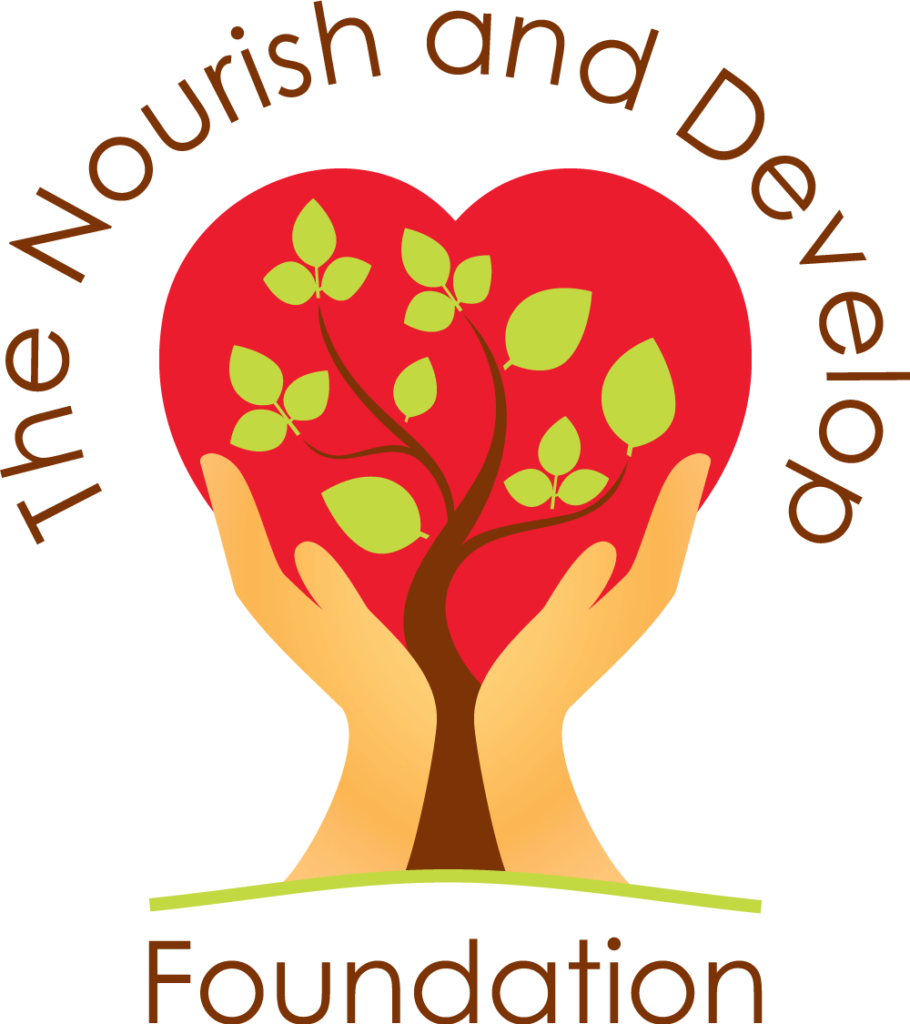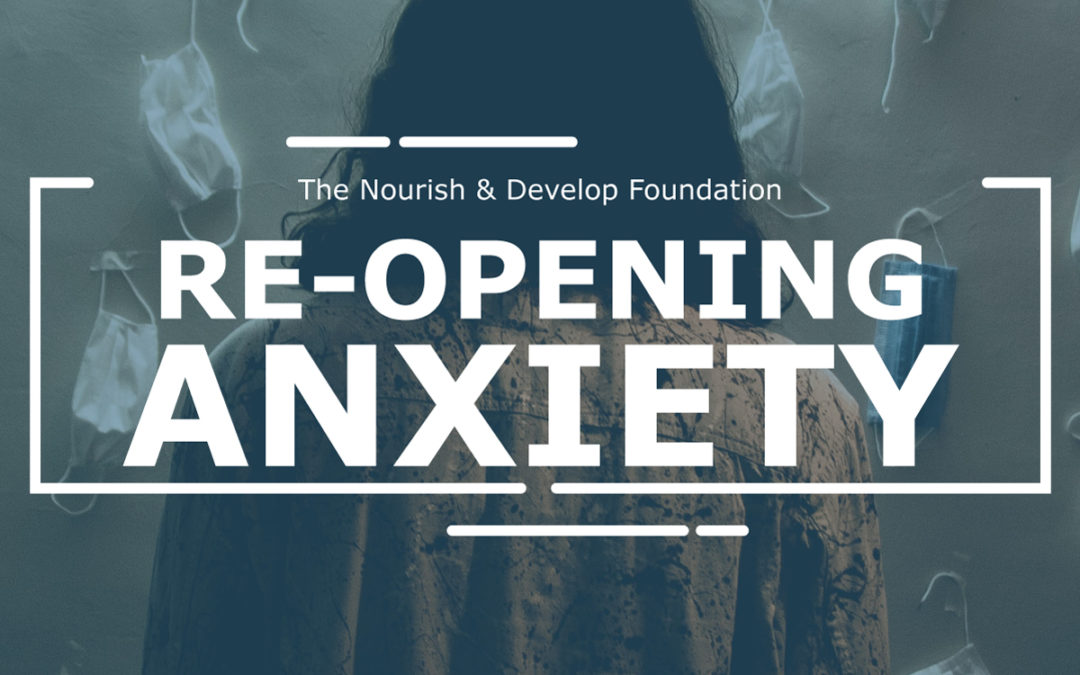We have officially spent over a week in Step 3 of Ontario’s Roadmap to Reopen,
something many of us have been waiting for since March of 2020. After going through the stress, uncertainty, and constant change, you may feel as though there is finally light at the end of the tunnel!
If we have some of the freedoms back that we’ve been been missing, you may be wondering how we could be anxious about returning back to ‘normal’? More than half of Canadians are experiencing a form of anxiety related to resuming in-person activities. Our brains are working hard to switch gears after fearing exposure to the virus for so long! Today we encourage you to re-engage on your own terms for personal comfort, whether that means jumping right in or taking it slow.
Human beings have been through other pandemics. Human beings have been through a lot of different things and we are wired to connect socially and to adjust to different social settings. Big social changes are hard so the shift that we did make with this pandemic was hard and so a little bit of nervousness, a little bit of difficulty bouncing back is normal. However, your skills are probably going to return much faster than you think they are.
Lockdown comforts
While adjusting to pandemic protocols was a big transition, we learned to adapt. Finding the silver lining was not always easy, but some perceived a sense of solidarity, discovered a convenience in services, and were motivated to focus on self-care.
We’re sure you’ve heard the phrase ‘we are all in this together’. While everyone has had their own pandemic experiences, there was a sense of unity in everyone being affected one way or another.
People have always struggled with mental illness, but over the course of Covid-19 the importance of mental health was highlighted and people saw an increase in representation. Virtual options made support more accessible and resources increased. Difficult times were acknowledge making individuals feel less alone.
Being back in the public eye may make you feel more self-conscious, especially when comparing yourself to others.
During periods of lockdowns, many no longer felt the need to dress up as there was nowhere to go and personal care services were closed – everyone was in the same boat with overgrown hair, roots, and unmanicured nails. This relieved some stress of having to look your best to achieve acceptance, perhaps directing time and energy towards nourishing your body, skin, and hair.
It is common to feel certain pressures in social situations. For instance, if you didn’t plan on drinking but go out for dinner and the company you are with partakes, you may be easily persuaded to keep from missing out. At home, you are less exposed to external influence and feel more in control of your choices.
Reflect on what made you feel good during the lockdowns and think of how you can incorporate aspects of it as you expand your comfort zone. It could look like continuing therapy, designating a day each week to stay at home, or making time to work out.
Reflect on what made you feel good during the lockdowns and think of how you can incorporate aspects of it as you expand your comfort zone. It could look like continuing therapy, designating a day each week to stay at home, or making time to work out.
Coping with Coronophobia
BEING MINDFUL:
With everyone being at varying stages of vaccination and having personal comfort levels, it is important to be patient and respectful of others. The world has never been in full agreement on one thing, so COVID-19 perspectives are no different. Encourage people to move forward at their own pace without placing additional pressures on them to get to a certain point. Be careful not to judge others who are getting back out there visiting friends and restaurants as it is their right and may be beneficial to their mental health. Try to have some empathy for what people are going though, and if things cannot be civil, you can always reiterate your boundaries.
Resources:
Provincial Mental Health Supports
‘Reopening anxiety: Experts say shaking lockdown habits will be hard for some’



